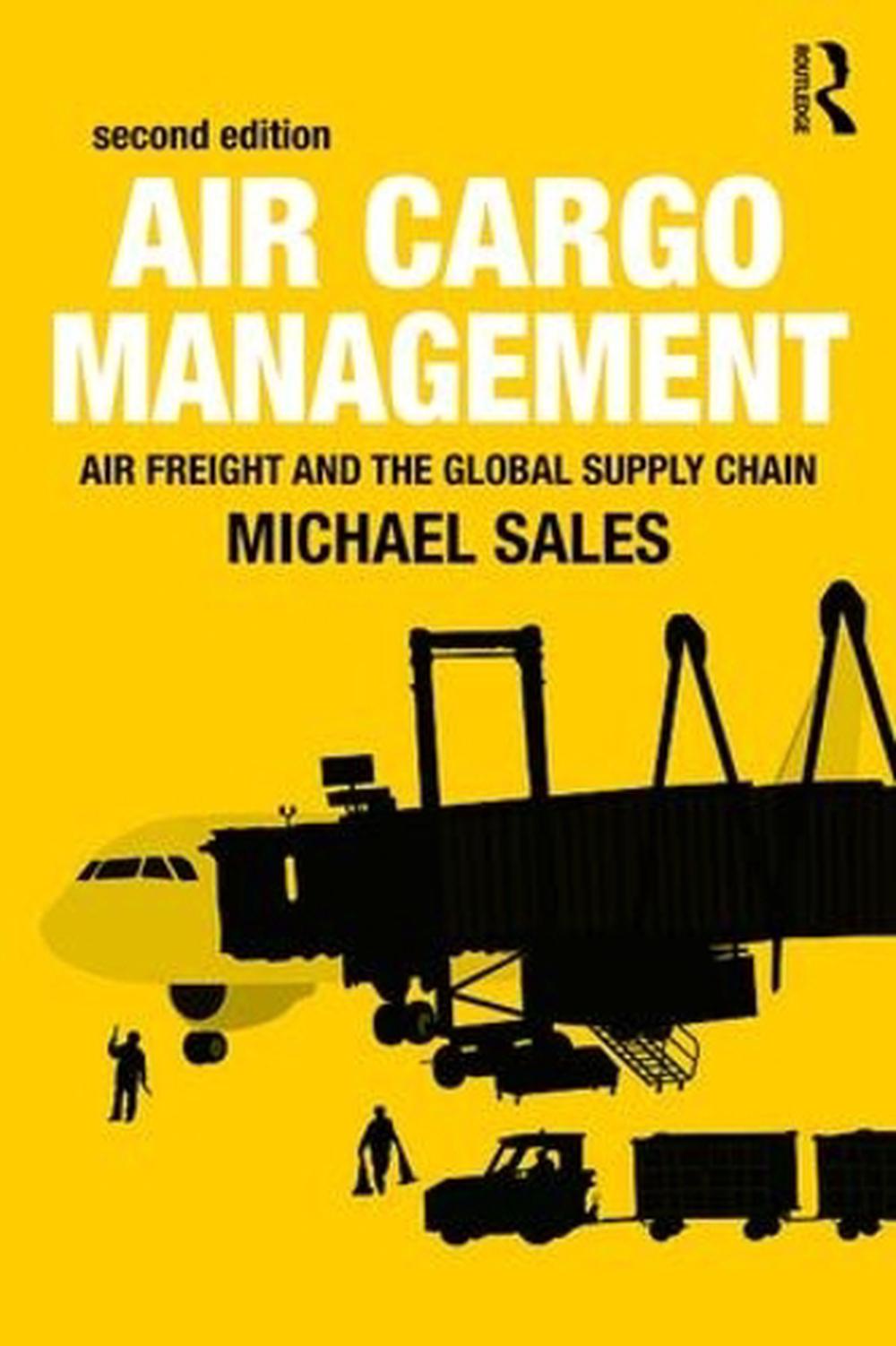

TSA will publish the new all-cargo security program for industry comments when the updates are completed. The security programs involved in all-cargo operations are being updated to meet new international cargo screening requirements by June 2021.

For more information about this program, please email your inquiry.
Cargo acceptance manual full#
TSA’s regulations require that each “Part 119” aircraft operator certificated by FAA operating aircraft with a maximum certificated takeoff weight of more than 45,500 kg (100,309.3 pounds) carrying cargo and authorized persons and no passengers must comply with TSA’s Full All-Cargo Aircraft Operator Standard Security Program requirements. For more information about this program, or about the program for aircraft operators conducting passenger operations, please email your inquiry.įull All-Cargo Aircraft Operator Standard Security Program TSA’s regulations require that each “Part 135” aircraft operator certified by the Federal Aviation Administration (FAA) operating aircraft with a maximum certificated takeoff weight of more than 5670 kg (12,500 pounds) in an all-cargo operation must comply with TSA’s Twelve-Five Standard Security Program requirements. Twelve-Five Standard Security Program in an All-Cargo Operation Please note that when procuring screening equipment in accordance with TSA-approved security programs, cargo screening technologies must be selected from the SSI version of the Air Cargo Screening Technology List. Once TSA makes that determination, the particular screening equipment is placed in the Grandfather Technology section with a set expiration date to provide regulated entities sufficient time to procure new screening equipment.ĭownload the non-SSI version of the Air Cargo Screening Technology List here. The Grandfathered Technology section reflects screening technology that TSA has determined, due to advances in detection capabilities and the current intelligence on the evolution of the threat to civil aviation, may no longer be sufficient to properly detect the threats facing civil aviation. Additional technologies may be added at TSA’s discretion. Due to this fact, regulated parties who procure a device from the approved technology section do so at their own risk. If a device is unable to pass field test activities within the prescribed 36 months, it will be removed from the approved technology section. These devices have up to 36 months from the date added to the approved technology section to successfully pass TSA’s suitability-based field test activities. The Approved Technology section reflects devices conditionally approved for screening operations that are currently undergoing, or are scheduled, for field test activities. When procuring a device, regulated parties are encouraged to select from the qualified technology section. The Qualified Technology section reflects devices that have undergone a formal TSA-sponsored test process and are deemed qualified for screening operations. The technology list is divided into three sections. Industry partners may request the secured version after they are approved. This list does not apply to equipment owned by TSA or equipment used in TSA-sponsored tests or test beds.

Any technology purchased from this list must be utilized in accordance with measures identified in a TSA Standard Security Program. The SSI version of the document serves as an official guide for regulated parties to use when procuring screening equipment in accordance with TSA-approved security programs. The non-SSI air cargo screening technology list gives industry partners interested in screening cargo an opportunity to review the current qualified cargo screening technologies. There are two lists, a version that must be protected as containing Sensitive Security Information (SSI) and a non-SSI list. To support compliance with this requirement, we periodically provide a list of air cargo screening technology that has been assessed by TSA. TSA requires regulated parties to screen cargo using approved screening methods.


 0 kommentar(er)
0 kommentar(er)
